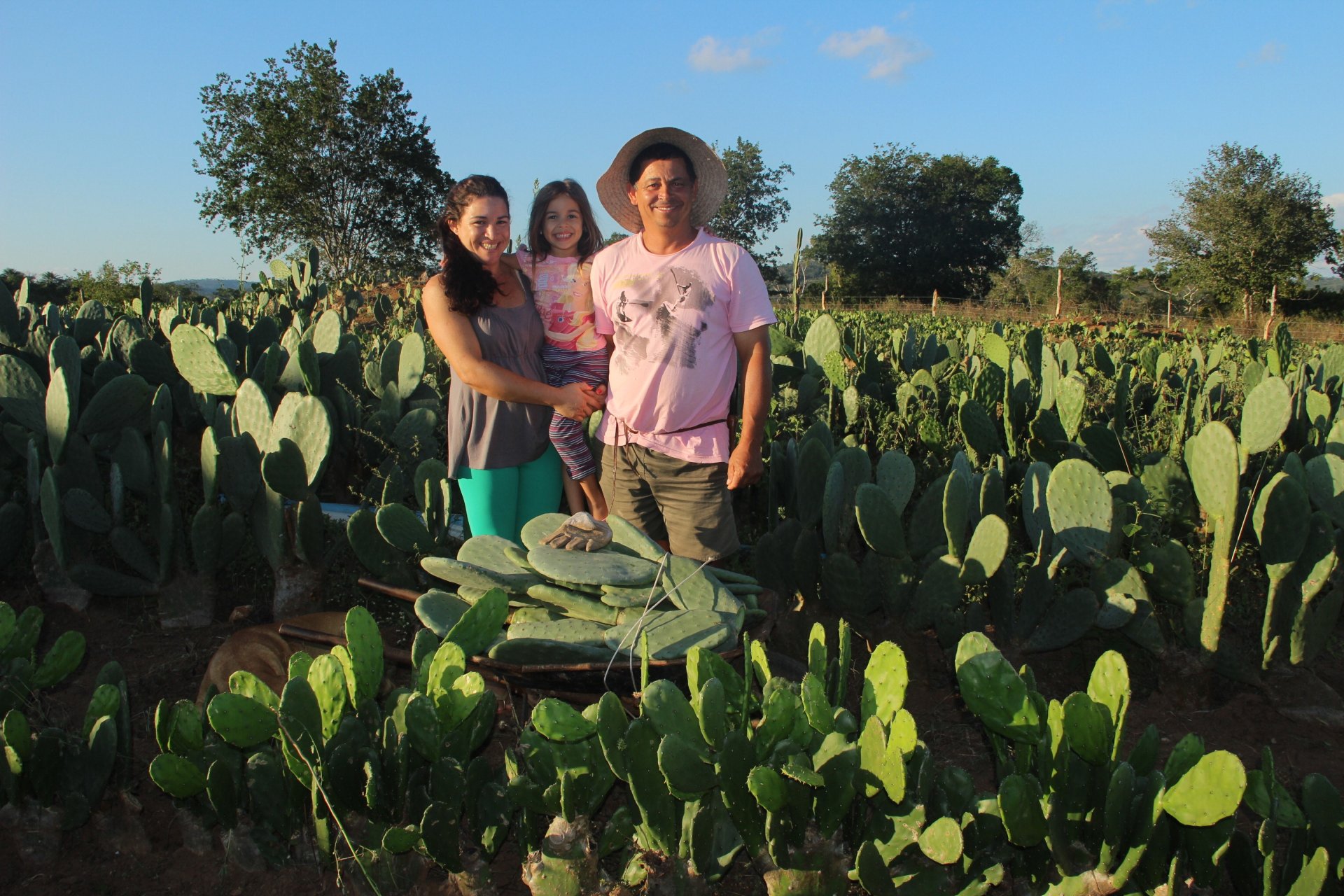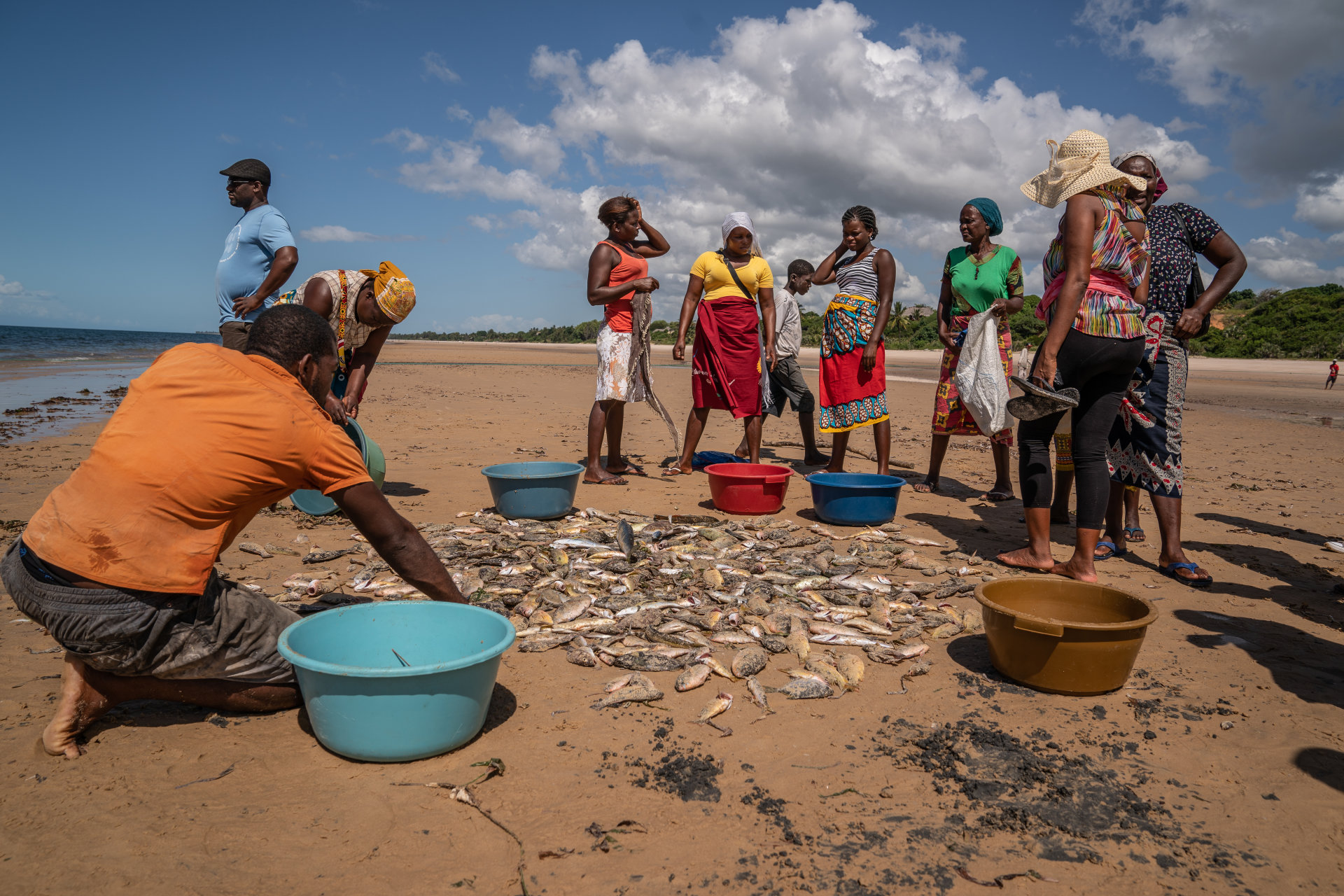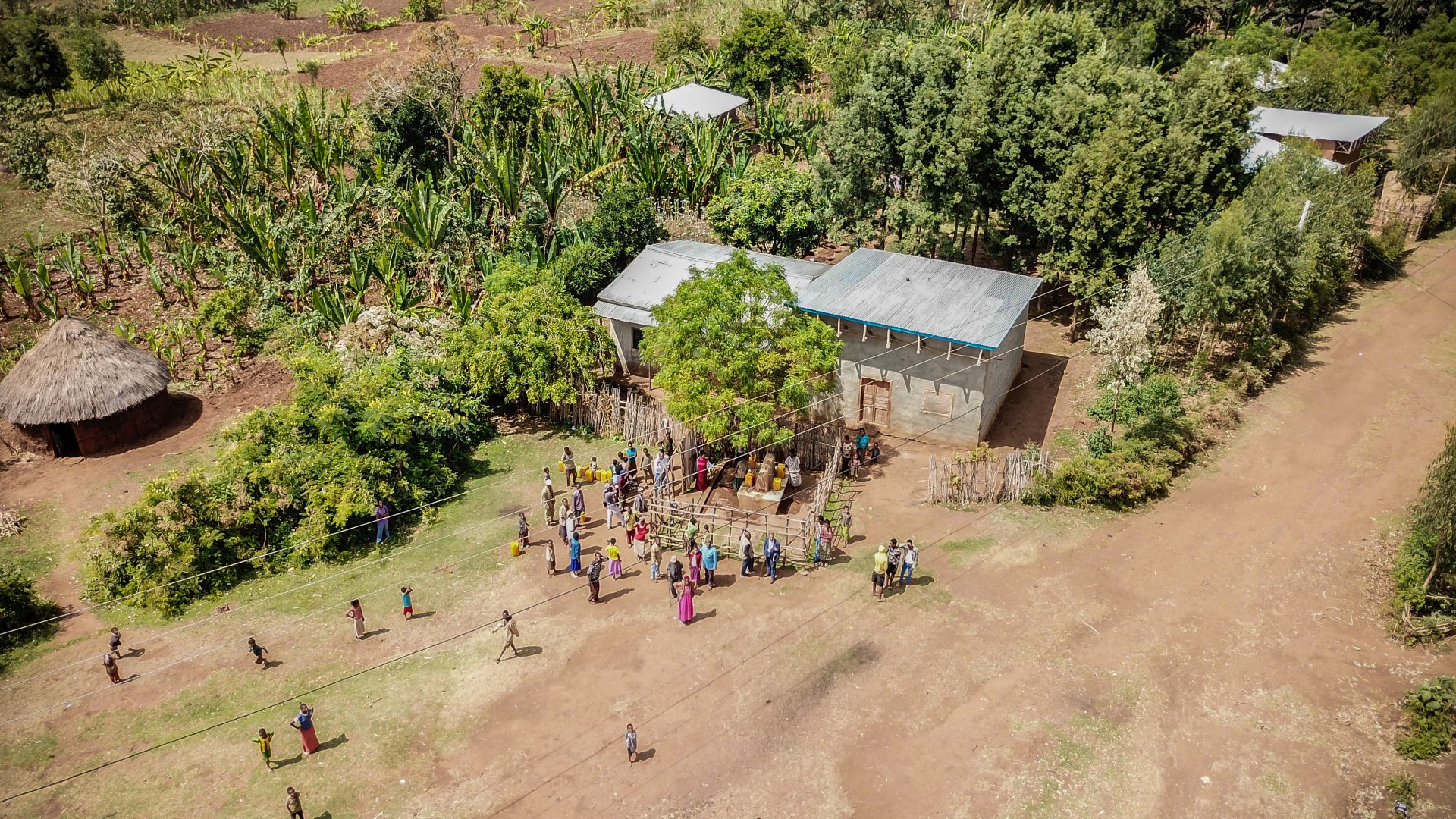Climate and development
Today climate change is a global, all-encompassing agenda for both human and natural systems. The five Nordic countries have incorporated and mainstreamed climate change into their development cooperation agenda.
As a Nordic institution, NDF is well-placed to support and advance this agenda through strengthening the Nordic voice globally, and through ensuring that considerations related to climate change are mainstreamed for high impact actions.
Climate change and poverty reduction are closely interlinked. Climate change poses stronger negative impacts on poor people in developing countries due to a combination of exposure, capacity and resource constraints. This situation makes societies and individuals less able to cope with hazards and damages caused by severe weather events, rising sea levels and other phenomena related to climate change. Support for adaptation and resilience are critical areas for which we are increasingly providing support.

Proadapta Sertao in Brazil is a grassroots community agricultural project helping small livestock and dairy farmers tackle food insecurity and land degradation, in the face of increasing temperatures and recurrent droughts. Photo: Adapta Group & VR14
The link to the impact on the environment, such as on oceans and on biodiversity, both from a perspective of safeguards but also from the perspective of co-benefits, is of high importance to us. Climate change and the environment are closely interlinked. The linkages between climate change, environmental degradation and international development include complicated issues that need global approaches and solutions. In addition to economic and social co-benefits, climate change adaptation and mitigation initiatives often have environmental benefits. We are well-positioned to advance these responses as part of our activities.

Fishing takes place at almost all places along the 2700 km coastline in Mozambique and 85% of fish catch is done by small-scale near shore fishers. An NDF project successfully enhanced the adaptive capacity and climate resilience of the coastal communities' livelihoods. Photo: RARE Conservation
Photo credit: African Water Facility

